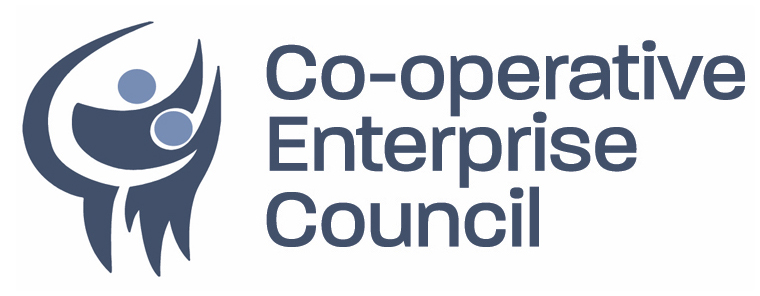Many co-ops and social enterprises provide services to people who face barriers to employment. In the 2014 NB Social Enterprise Survey, it was revealed that:
“30% provide employment development services and 20% provide training for workforce integration, helping to increase the employability of the people they are set up to serve (i.e. people with disabilities, low income persons, immigrants, seniors, etc). Nearly half also employ their target group members, creating thousands of jobs for people in NB who are often the least likely to be employed and most likely to be reliant on some form of government assistance. [1]”
Newcomers and immigrants are frequently familiar with the co-op business model because it is used across the globe for economic development purposes. There are more than 750,000 co-ops worldwide with more than a billion members. Immigrants who come to New Brunswick from countries where the co-op business model is commonly used, quickly gravitate to it as a way to pool their resources and establish businesses that create jobs for themselves and other immigrants.
First Nations communities also increasingly using co-op and social enterprise business model for economic development and indeed one of the largest co-ops in the country is Arctic Co-op. Established nearly 50 years ago, today Arctic Co-op owns 32 different Aboriginal businesses that employ 1000 people, generate annual revenues of nearly $200 million, and provide patronage rebates of over $8 million to its members.
In New Brunswick, First Nations communities are beginning to develop co-ops and social enterprises related to renewable energy, youth, eco-tourism, art and crafts, and other enterprises to create jobs and address cultural issues and opportunities. CECNB works closely with a number of Indigenous groups including the NB Aboriginal Peoples Council who we are helping turn an unused lodge and campground into an Aboriginal Village that will help build awareness of First Nations’ culture and capitalize on tourism opportunities. We are also working closely with Mawi’ Art, a collective of professional Aboriginal artists, who have established an online and pop-up to sell authentic Atlantic Aboriginal art in domestic and export markets. We also partner with the Joint Economic Development Initiative (JEDI) on various initiatives just received nearly a half million dollars from the federal government to establish the Netukulimk Tricultural Learning Centre for Youth in Dorchester, aimed at building cross cultural awareness and reconciliation, with a strong focus on youth entrepreneurship and social enterprise development.
[1] 2014 Social Enterprise Sector Survey Final Report, June 2014; Peter Elson, Peter Hall, Priscilla Wamucii; Institute for Non Profit Studies, Mount Royal University and Simon Fraser University

